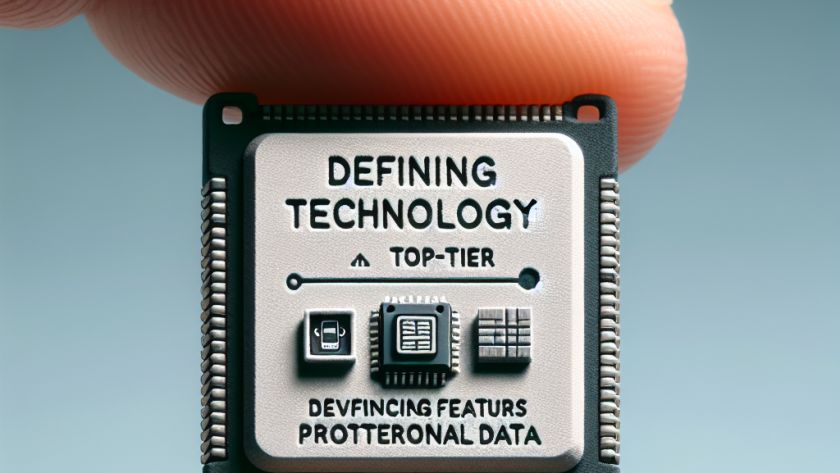Researchers from MIT and the University of Washington have developed a model to predict human behavior that accounts for computational constraints. These constraints can impact the problem-solving abilities of both human and artificial intelligences (AI). The model can infer an “inference budget”, a computation of the possible constraints on an agent’s problem-solving methods, by observing…






